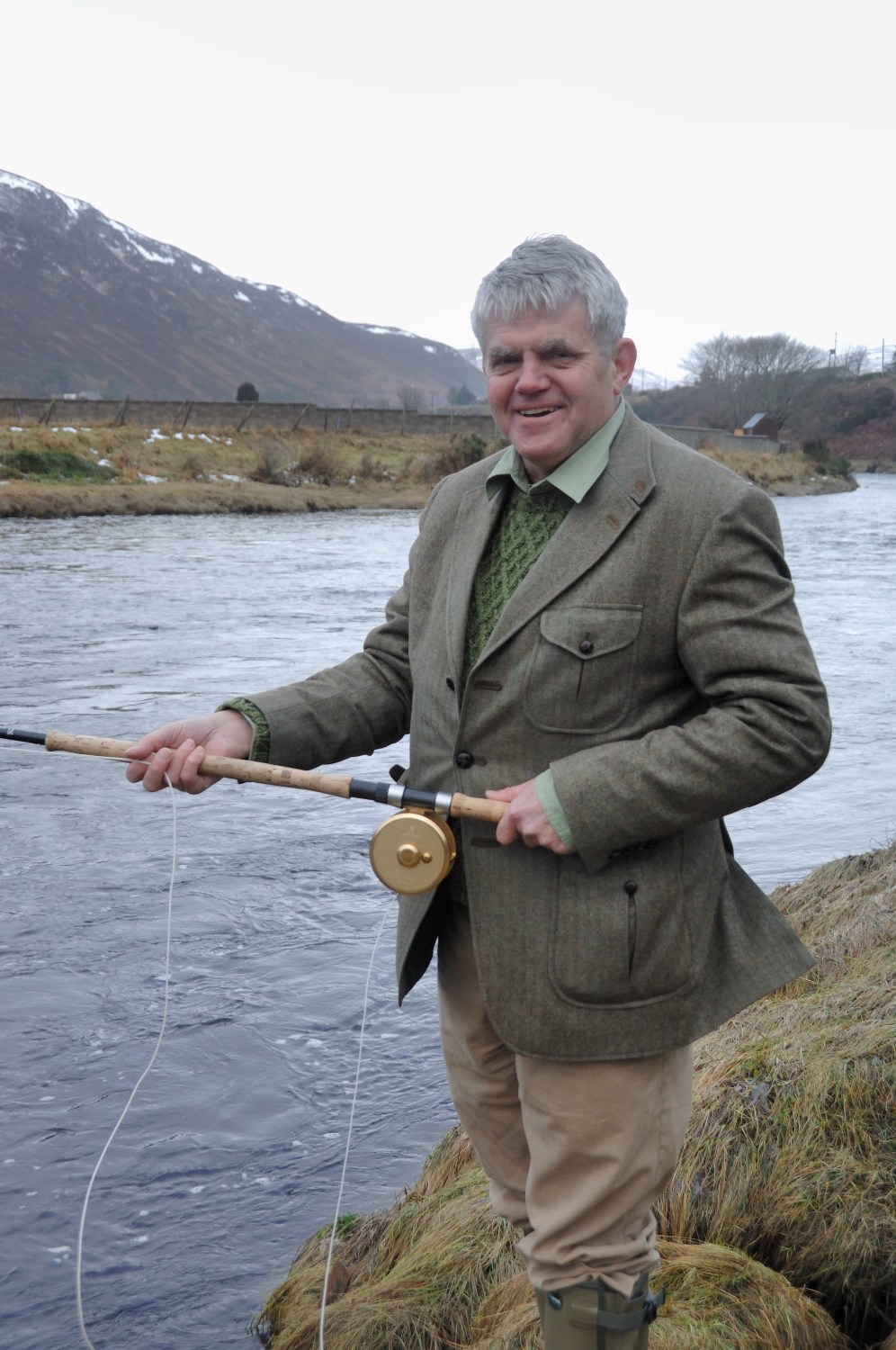Orri Vigfusson Shares Successful Conservation Partnership Secrets
By: Amos S. Eno
Posted on:02/03/2011The founder of the North Atlantic Salmon Fund explains how the rights of netsmen are like the rights of small landowners
This is a continuation of the blog post from last week, about one man’s vision of a novel and effective approach to saving Atlantic Salmon
Like so many places on Earth, the oceans are now feeling the effects of human development like never before: pollution, over-harvesting, and the intensive cultivation of monocultures are problems that affect salmon as well as terrestrial species. As with family farmers, ranchers, and small forest landowners, it is the myriad small fishermen - the “netsmen” - who stand to lose the most if society demands a change in harvest or stewardship practices.
That’s why when Orri first approached the National Fish and Wildlife Foundation in the early 90s for a start-up grant to buy out unsustainable salmon rights, I immediately recognized the value of his vision. Orri is quoted in a 2007 article from the fall 2010 issue of Philanthropy magazine: “When I started NASF, I thought everybody would come running around with money to pay for this, but that was not the case. Fortunately, I met the people at the National Fish and Wildlife Foundation, and they offered grants. They gave me $250,000, provided I was able to raise $500,000” - which came from the U.S. State Department.
“When we went to negotiate, there was always somebody there with me from the National Fish and Wildlife Foundation,  as well as from the State Department. Everywhere we have succeeded it has been by convincing the stakeholders that we can save the salmon and save jobs at the same time.”
as well as from the State Department. Everywhere we have succeeded it has been by convincing the stakeholders that we can save the salmon and save jobs at the same time.”
Perhaps just as importantly, the larger issue is one of fairness and even pragmatism. Worldwide, ecosystem markets are springing up to sell everything from carbon emission credits to fisheries catch shares. These markets are an expression of the simple fact that good stewardship has costs, and the fairest and most effective way of paying that price is by spreading the costs to those who benefit. Orri’s program has started down that track. The bill for buyouts now comes to about $1 million per year to maintain high seas contracts, and one-half to $1 million to buyout local nets in various countries.
Save Salmon, Save Jobs
Are Atlantic salmon really that important or just the cause of a particularly passionate group of sportsmen? “Look,” says Orri, “we have to protect the salmon and build up the stocks because salmon sport fisheries create a lot of jobs.” Just as more ranchers, farmers, and forest families are turning to recreation, agritourism, wildlife watching, and hunting to augment their incomes, farmers in Iceland rely on income as fish guides or running fishing lodges for up to 75% of their income.
Today, the recreational angling for Atlantic salmon is worth more than $130 million per year in Canada. Moreover, just as with ranch recreation or agritourism, the value of angling largely remains in the rural areas where it is generated, paying the salaries of fishing guides, camp cooks, outfitters, restaurant servers and others.
But Orri is not content to stop there.
Saving Salmon Forever
“My ultimate goal is to return salmon stocks to their historic abundance. I want to create a capital fund for this purpose. After putting an end to all interceptory mixed stock fisheries, I want to get all of the north Atlantic declared a sanctuary for wild salmon. Next on the list would be to embark on further improvements to river spawning habitats, such as in southwest England, and to reintroduce salmon to historic spawning grounds in the River Rhine and Elba systems.”
Ultimately, Orri wants nothing less than to bring Atlantic salmon stocks back to their historic levels of abundance. That's a vision he shares with people from all walks of life. It's also a vision that could stir admiration, nostalgia and perhaps even envy among private land stewards just about anywhere.
 Sign In
Sign In
 Sign In
Sign In
